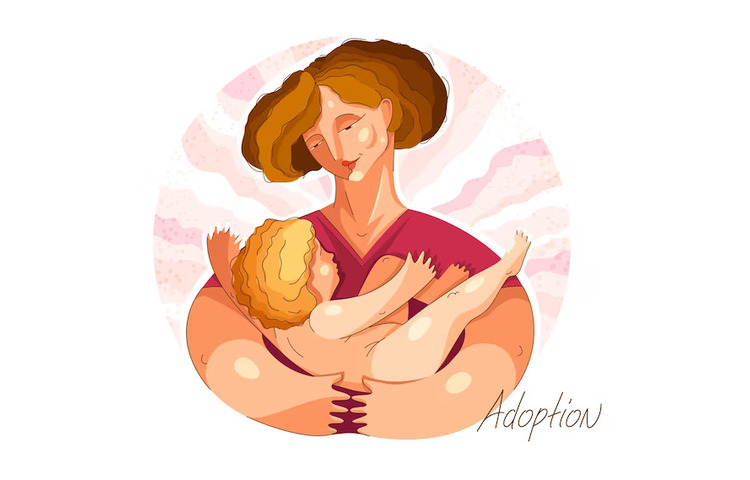“Madras High Court Affirms Biological Mother’s Sole Right to Consent in Adoption Cases for Illegitimate Children”
June 14, 2024 2024-07-05 16:49“Madras High Court Affirms Biological Mother’s Sole Right to Consent in Adoption Cases for Illegitimate Children”

“Madras High Court Affirms Biological Mother’s Sole Right to Consent in Adoption Cases for Illegitimate Children”
By Shazia Siddiqui
The case revolved around a dispute concerning the adoption of a child born out of an illicit relationship, with the primary question being whether the biological father’s consent was required for the adoption to be valid. The petition was brought forward by a man whose adoption deed was rejected by the district authorities. He and his wife had decided to adopt a three-year-old boy, whose biological mother had been a minor at the time of his birth and had remained unmarried. Despite the execution and presentation of the adoption deed for registration, the authorities refused to register it, citing the absence of consent from the child’s biological father.
The registration authority denied the registration based on the premise that the biological father’s consent was necessary. They argued that the biological mother, despite being the child’s guardian, needed to obtain the father’s consent since she had attained the age of majority and was unmarried at the time of the adoption.The case was brought before the Madras High Court, where the focus was on the interpretation of the Hindu Adoptions and Maintenance Act, 1956, specifically regarding the necessity of the father’s consent in such cases.
The High Court highlighted the provisions of Section 9 of the Hindu Adoptions and Maintenance Act, 1956, which uses the terms “father” and “mother” without specifying “husband” and “wife.” This suggested that the marital status of a woman should not affect her rights in the adoption process. Additionally, the proviso to Section 9(2) did not require spousal consent if the spouse was alive.
The Court turned to Section 6(b) of the Hindu Minority and Guardianship Act, 1956, which designates the mother as the natural guardian of an illegitimate child, superseding the father’s guardianship in such cases. The judgment referenced the Supreme Court decision in Githa Hariharan v. RBI (1999), which clarified that the term “after” in Section 6(a) refers to the father’s absence from the child’s life, not necessarily his death.
Applying this reasoning, the High Court concluded that the biological mother, who had been the sole caregiver and guardian of the child, was competent to give the child up for adoption without needing the biological father’s consent. The father, though alive, had been absent and indifferent to the child’s upbringing.
The court underscored the idea that the practical absence of the father from the child’s life allowed the mother to act independently in the best interest of the child. This interpretation aligns with the modern understanding of guardianship and the evolving societal norms surrounding family structures and parental responsibilities.
The High Court commended the petitioner and his wife for their decision to adopt the child and provide him with a stable and nurturing environment. It overturned the initial refusal to register the adoption deed and instructed the authorities to process the registration upon resubmission, provided all other formalities were met.
The ruling reinforced the principle that a biological mother’s right to decide on her child’s future, particularly in cases where the father is absent or uninterested, is paramount. This decision emphasizes the importance of the child’s welfare over rigid adherence to procedural requirements regarding parental consent.
Case Title: Ashok Kumar v. The Inspector General of Registration and Others
Neutral Citation: W.P.(MD)No.8416 of 2024









